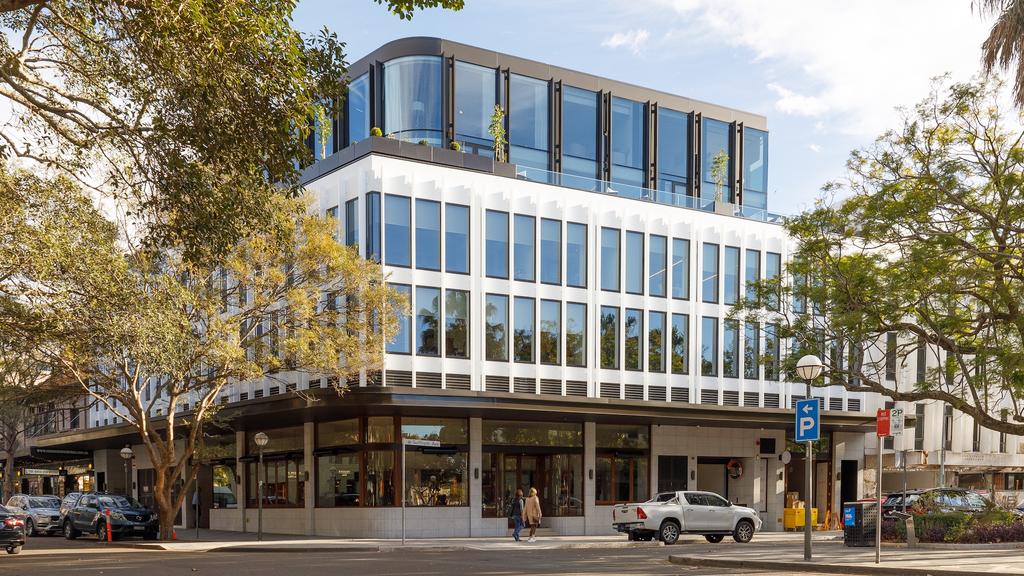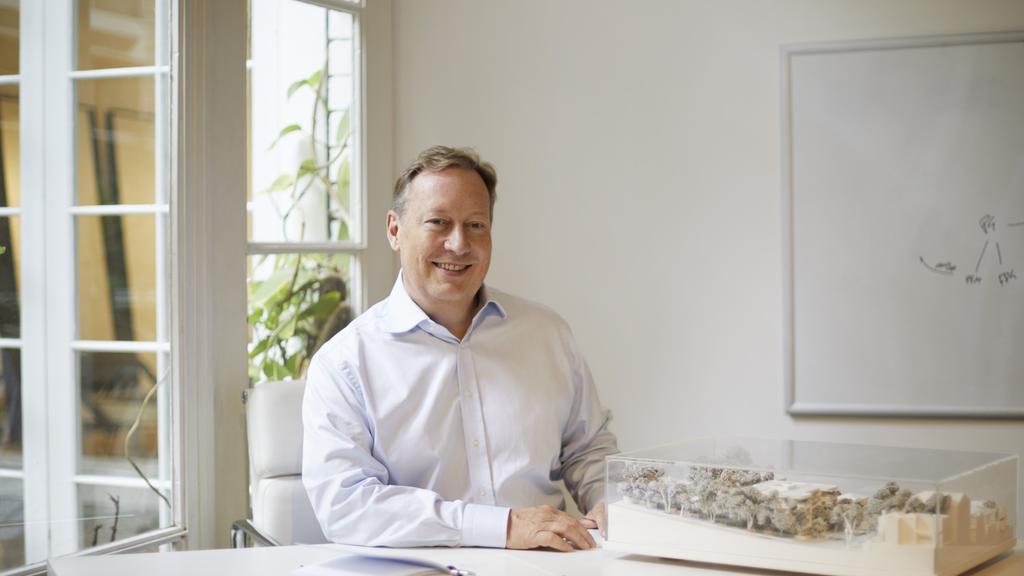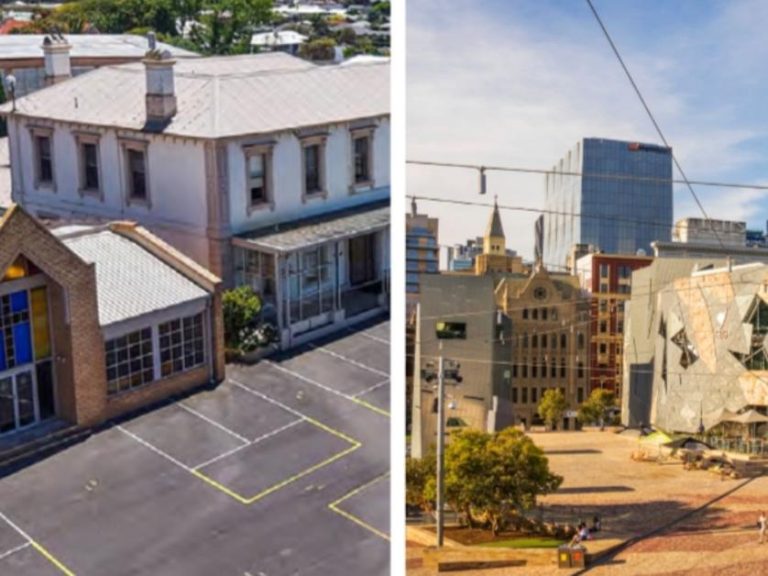Pallas Capital hits $1bn on back of luxury property market

Pallas House on Bay Street in Sydney’s Double Bay, one of several wealthy areas which have contributed to its newfound success. Picture: Supplied / Liz Keene
Lending for boutique residential properties in some of Melbourne’s and Sydney’s most sought-after suburbs has proved a recipe for success for non-bank lender Pallas Capital, who reached a new milestone topping $1bn in cumulative transactions.
The lender, which began operating in 2016, has recorded $653m in transactions in the last 12 months, a figure which saw it double its staffing.
Pallas Capital’s bread and butter is loans secured against non-specialised property assets valued in the tens of millions on the fringes of capital cities along Australia’s east coast.
Many of the projects have been in Sydney’s Double Bay, Rose Bay and Edgecliff, which range from about $35m to $70m, and Melbourne’s Glen Iris, Toorak, Richmond, Brighton and Malvern, ranging from $20m to $50m.
It’s an area whose demand is not met by banks, said Pallas Capital group chairman Patrick Keenan. “Banks and other traditional lenders are hamstrung, investors are searching for yield without taking on high levels of risk, and borrowers need fast response times and reasonable flexibility in loan terms,” he said. “Only CRE lending by the non-bank lenders, and funded by private investors, can answer all of these needs.”

Pallas Capital group Chairman Patrick Keenan. Picture: Supplied
Mr Keenan said investors had shown a preference for real estate credit as a stable investment despite the fallout of the Covid-19 pandemic.
“We believe that this investment class would have grown rapidly anyway, considering how much bigger it is in other western economies such as the US and Europe, but there is no doubt that the market shocks of 2020 accelerated the investor acceptance and growth of first mortgage investments,” he said.
About 65 of Pallas Capital’s 115 transactions have been repaid, with the rest performing to satisfaction, the company said. None have suffered any credit impairment.
Behind its success was its HNW and Family Office investor base and more recently by issuing a four-year fixed rate tradeable bond, the company said.
Mr Keen said Pallas Capital was enjoying its win on the back of growing area in commercial real estate.
“Figures show that non-bank commercial real estate lending in Australia is growing at about an estimated 25 per cent per annum,” he said.
“The growth in lending by Pallas Capital is about three times that average rate, reflecting the strength of our lending and investor relations teams.”







